British Company Creates Cheap, Small-Scale Desalination for Agriculture
The new system, which uses sub-surface pipes to remove salts and deliver water to plants on demand, grew 200 prosopis trees in the United Arab Emirates’ desert during a test-run.
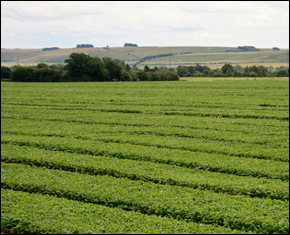
A British company has developed an irrigation system that allows saline and brackish water, which contains more salinity than freshwater, to be used for growing crops, Wired reports.
The Dutyion Root Hydration System uses a network of underground pipes to deliver water directly to a plant’s roots. Water then diffuses through the walls of the polymer pipe because of differences in moisture levels, which act as filters and leave contaminates behind. Almost any water source can be used–-even industrial wastewater–-without the need for secondary purification.
“What we’re looking to do is take our irrigation system and move to places where it’s not possible to irrigate today,” said the system’s designer Mark Tonkin of Design Technology and Irrigation. “[We] stumbled across a way of effectively desalinating water. We put pipe in the ground which lets water vapor to escape and the waste element is what gets left in the pipe.”
The overall system is gravity fed and needs minimal maintenance while the pipes must be periodically flushed to clean out accumulated salts and dirt, Tonkin told Wired.
Approximately 70 percent of the world’s freshwater is used for agriculture. Wide use of salt water for irrigation would free freshwater for other uses and increase food security for people living in dry coastal areas.
Brackish water is already being used to grow saltwater-tolerant plants for biofuels, but DTI is growing plants to eat–such as tomatoes, strawberries, peppers and beans as well as cherry and olive trees.
“There are no plants that we’ve tried to grow that can’t survive simply by using water vapor as opposed to having wet water put on them, and that is a major change,” Tonkin said in a promotional video for LAUNCH, a forum for innovation. “It’s made it possible to put an irrigation system in the ground where there is no freshwater and no likelihood of anybody building a desalination plant and grow plants where you couldn’t grow them today.”
Pilot projects were carried out in the U.S. and the United Kingdom. DTI chose an extreme environment for its first field-scale trial–the raw desert in the United Arab Emirates, Tonkin told Circle of Blue via email. The company grew 200 prosopis trees–a species that thrives in arid places–from saline groundwater.
DTI is now in the transition phase between testing and commercialization, Tonkin wrote. It is setting up supply chains and forming local partnerships for manufacturing component parts, marketing and installation.
Source: Wired
Brett writes about agriculture, energy, infrastructure, and the politics and economics of water in the United States. He also writes the Federal Water Tap, Circle of Blue’s weekly digest of U.S. government water news. He is the winner of two Society of Environmental Journalists reporting awards, one of the top honors in American environmental journalism: first place for explanatory reporting for a series on septic system pollution in the United States(2016) and third place for beat reporting in a small market (2014). He received the Sierra Club’s Distinguished Service Award in 2018. Brett lives in Seattle, where he hikes the mountains and bakes pies. Contact Brett Walton



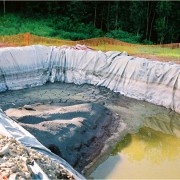


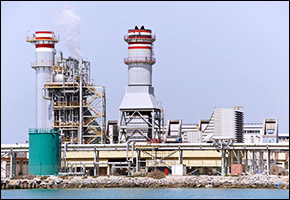



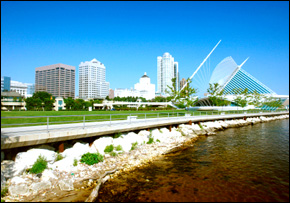
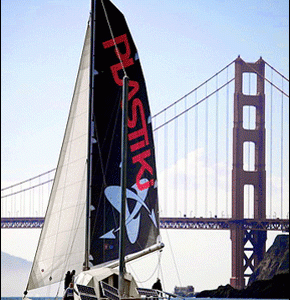
Hello,
Are those polymer pipes for sale? For my semi-pilot-scale academic research, I am looking for pipes whose walls are made of semi-permeable material so that water moves out of the pipe under pressure and salts are retained in pipe. I am wondering if you can share with me some specifications which may help me in buying those pipes from market.
Hope to hear from you.
Sincerely,
Debraj Bhattacharyya
Depatrment of Civil Engineering
Indian Institute of Technology Hyderabad